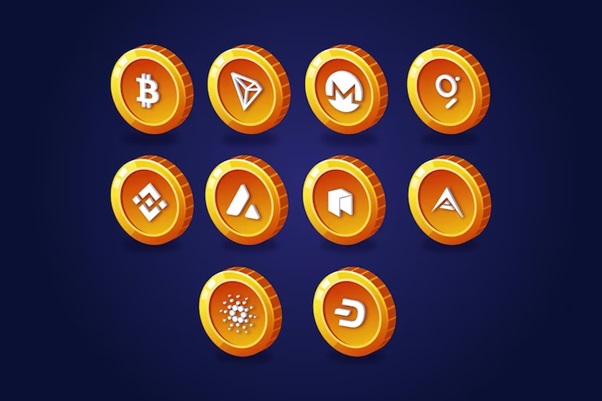
The city of Busan, South Korea’s second-largest city and a major port, is preparing to launch a digital-assets exchange in November, according to local media reports. The exchange, which will be operated by the Busan Metropolitan Government and the Korea Asset Management Corporation (KAMCO), will allow trading of various digital assets, including cryptocurrencies, non-fungible tokens (NFTs), and digital securities.
South Korea is one of the most technologically advanced and digitally connected countries in the world, with a strong interest and enthusiasm for emerging technologies such as blockchain and digital assets. The country has a large and active digital asset market, with millions of users and billions of dollars in trading volume. However, the regulatory landscape for digital assets in South Korea is still evolving and facing some challenges.
The exchange is part of Busan’s efforts to become a leading hub for the digital economy, following its designation as a “regulation-free zone” for blockchain and fintech innovation in 2019 by the Ministry of Science and ICT, the Busan Metropolitan Government, and several private sector partners, with the support of the National Assembly. The city has also been developing various projects related to digital assets, such as a blockchain-based local currency, a digital art platform, and a smart city platform.
Register for Tekedia Mini-MBA edition 19 (Feb 9 – May 2, 2026): big discounts for early bird.
Tekedia AI in Business Masterclass opens registrations.
Join Tekedia Capital Syndicate and co-invest in great global startups.
Register for Tekedia AI Lab: From Technical Design to Deployment (next edition begins Jan 24 2026).
The exchange will be regulated by the Financial Services Commission (FSC), the country’s top financial regulator, which has recently tightened its oversight of the crypto industry. The exchange will have to comply with the FSC’s requirements for anti-money laundering, customer protection, and reporting. The exchange will also have to obtain an information security management system (ISMS) certification from the Korea Internet and Security Agency (KISA) before launching.
The project consists of two main components: a regulatory sandbox and a blockchain-based platform. The regulatory sandbox allows blockchain companies to test their products and services in a designated area of Busan, without being subject to existing regulations that may hinder their development. The sandbox covers various sectors, such as finance, tourism, logistics, public services, and healthcare.
The blockchain-based platform is a comprehensive system that integrates various blockchain applications and services for the benefit of the citizens and businesses of Busan. The platform aims to provide solutions for various challenges and needs, such as identity verification, digital asset management, smart contracts, data sharing, and social welfare.
The Busan Blockchain Project is expected to bring significant benefits to the city and the country, such as:
- Enhancing the competitiveness and innovation of the local economy.
- Attracting foreign investment and talent.
- Creating new jobs and industries.
- Improving the quality and efficiency of public services.
- Increasing the transparency and trust of transactions.
- Promoting social inclusion and participation.
The Busan Blockchain Project is not only a showcase of the potential of blockchain technology, but also a vision for the future of urban development. By leveraging the power of blockchain, Busan aims to become a smart city that is more connected, resilient, and sustainable.
The future of digital assets in South Korea depends largely on how the regulators and policymakers will address these issues and establish regulatory clarity and certainty for the industry. South Korea has the potential to be a leader in the region and globally in terms of adoption and regulation of digital assets, but it needs to adopt a clear taxonomy for digital assets aligned with global standards, balance innovation and risk management in the sector, and provide a supportive environment for VASPs and users.
The exchange is expected to attract both institutional and retail investors, as well as local businesses and startups that want to issue or trade digital assets. The exchange will also provide educational and consulting services for potential users and issuers of digital assets. The exchange aims to become a leading platform for the digital economy in Asia and beyond.



